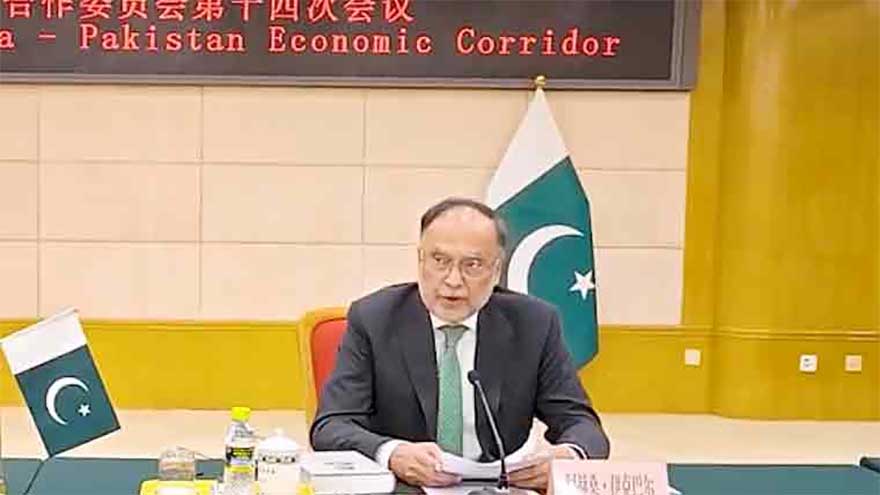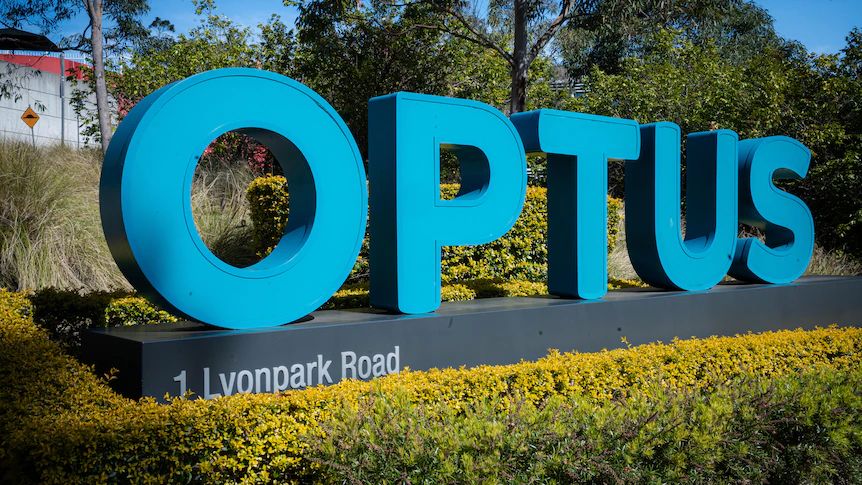By News Desk
Copyright thedailycpec

CPEC Phase-2, Maritime Plan to Transform Gwadar, is set to turn the port city into a regional trade and transit hub. Two landmark initiatives are driving this transformation: the five-year Maritime Affairs Action Plan (2025–2029) and the formal launch of CPEC Phase-2.
Maritime Plan to Strengthen Gwadar’s Role
Coordinator to the Minister of State and Federal Tax Ombudsman, Saif ur Rehman, explained that the Maritime Affairs Action Plan, unveiled by Federal Minister Muhammad Junaid Anwar Chaudhry, focuses on major infrastructure projects. These include the expansion of Gwadar Port, completion of Free Zone Stage-II, and acceleration of East Bay Expressway Phase-II to improve inland connectivity.
The plan also integrates Gwadar Airport with the port, introduces electronic data exchange, and adopts smart port technologies. In addition, the development of cold storage, warehousing, and port-related industries will encourage regional trade. Aligned with the Belt and Road Initiative’s “green energy and ocean” goals, the plan stresses sustainable resource use and environmental protection.
CPEC Phase-2 Launch in Beijing
In Beijing, Federal Minister for Planning Ahsan Iqbal announced the official start of CPEC Phase-2 after chairing the 11th meeting of the Joint Cooperation Committee. He noted that this stage shifts the focus from government-to-government projects to business-to-business partnerships, offering Chinese companies a favorable investment climate in Pakistan.
Five Thematic Areas of CPEC Phase-2
The second phase of CPEC revolves around five key areas:
Expanding exports to accelerate economic growth.Building a digital economy with Chinese expertise.Promoting renewable energy and addressing climate change.Improving transport infrastructure for stronger regional connectivity.Developing a mineral corridor to link Balochistan’s vast resources with Gwadar.
Youth and Economic Transformation
Highlighting the “Uraan Pakistan” vision, Ahsan Iqbal said Pakistan aims to become a $1 trillion economy by 2035. He placed youth at the centre of this transformation, announcing that 10,000 students will pursue PhDs in Chinese universities over the next decade in fields such as engineering, IT, and emerging sciences. This initiative will help establish a modern, knowledge-based economy.
Agreements for Infrastructure and Trade
Both sides agreed to accelerate work on the Karakoram Highway’s second phase and operationalise the mineral corridor. These steps will strengthen regional trade routes and boost Pakistan’s export potential.



